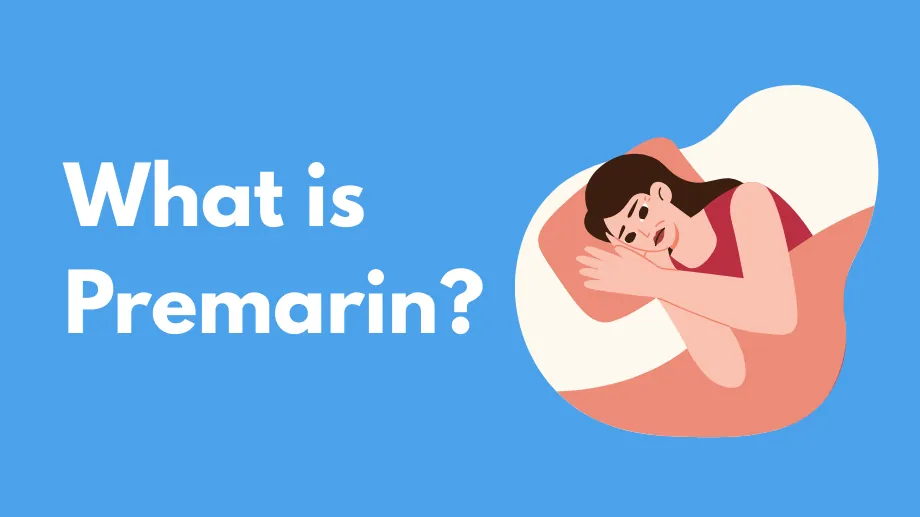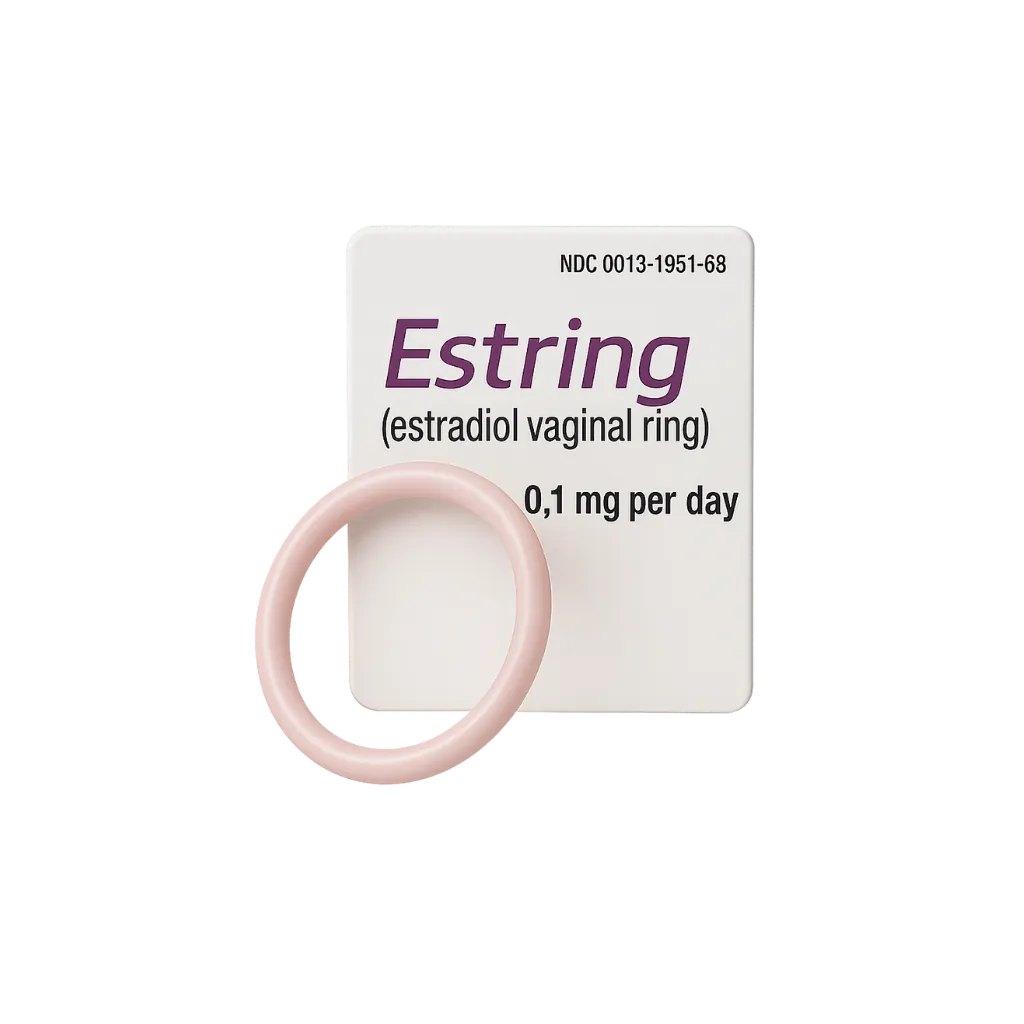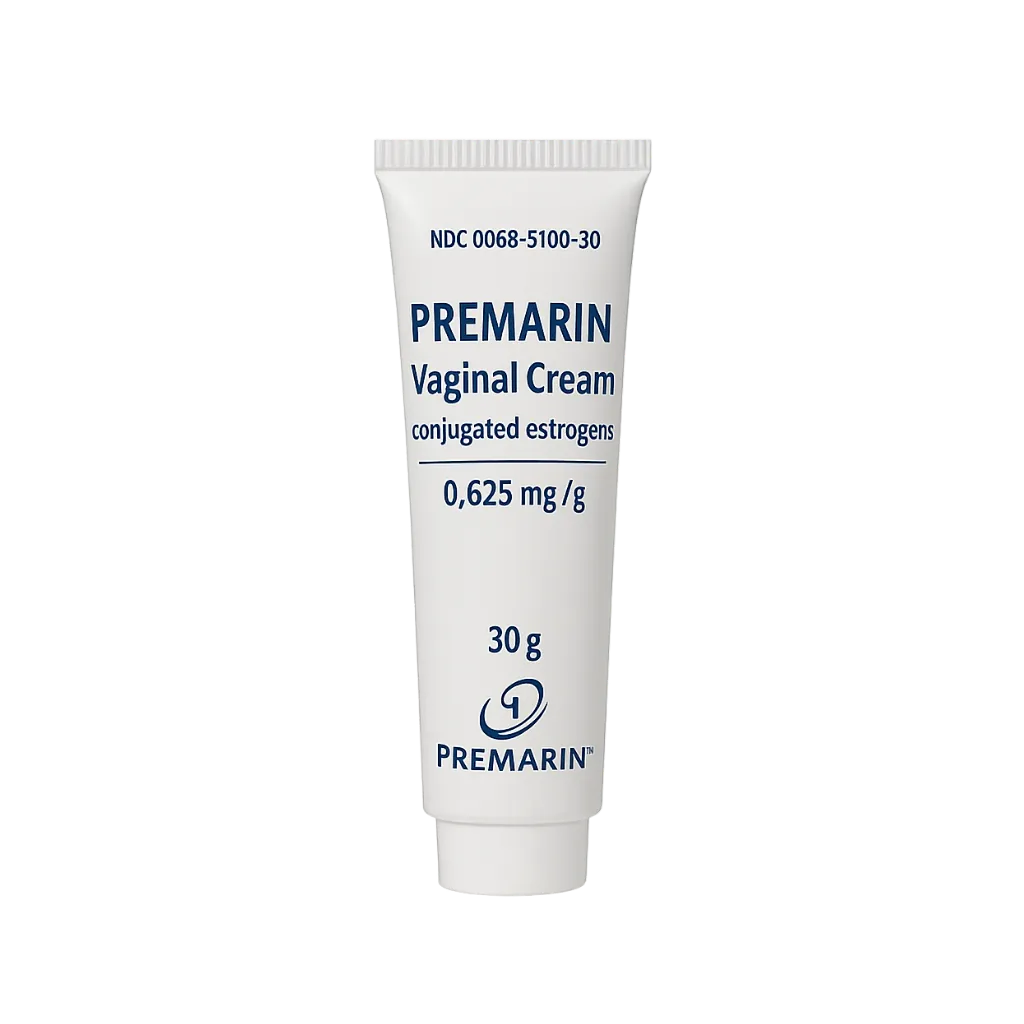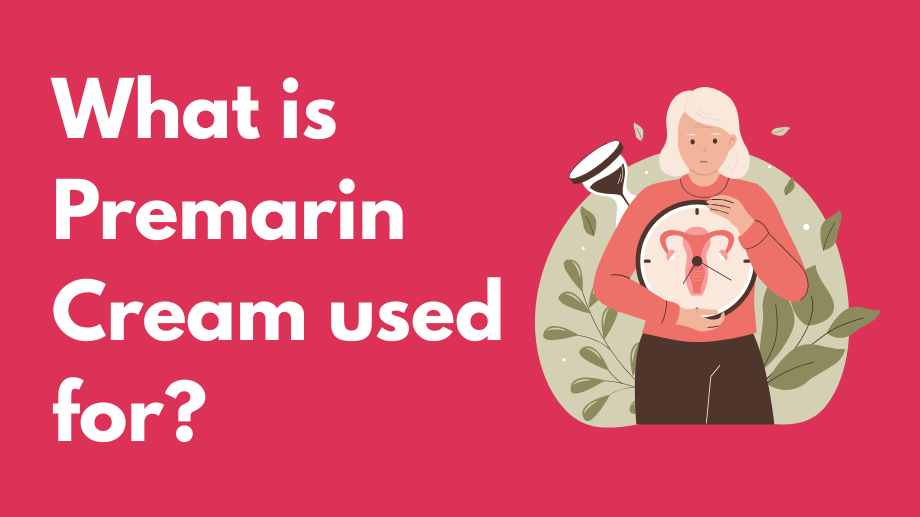What is Premarin?

Premarin (conjugated estrogens) is a prescription medication containing a mixture of estrogen hormones. It is most commonly used to relieve menopausal symptoms—such as hot flashes and vaginal dryness—that occur when estrogen levels drop after natural menopause or surgical removal of the ovaries. Premarin vaginal cream may be preferred if symptoms are primarily vaginal.
Premarin also helps prevent postmenopausal osteoporosis. Weight‑bearing exercise plus calcium (1,500 mg/day) and vitamin D (400–800 IU/day) supplementation further reduce fracture risk. In premenopausal women with low estrogen production, and to alleviate pain from certain cancers, Premarin may also be prescribed.
How does Premarin work?
Estrogens maintain the female reproductive system and secondary sex characteristics. Premarin replaces estrogen lost after menopause, preventing hot flashes, vaginal atrophy, and bone loss by binding estrogen receptors throughout the body.
How do you use Premarin?
- Take one tablet by mouth once daily, at the same time each day.
- If you miss a dose, take it as soon as you remember unless it’s near your next dose—then skip the missed dose. Do not double up.
- Use the lowest effective dose for the shortest duration; review need and dose every 3–6 months.
- Premarin can be taken with or without food.
- Report any tablet fragments in stool to your healthcare provider.
- Perform regular exams: blood pressure, breast exam/mammogram, pelvic exam, and Pap smear.
Side effects of Premarin
Common side effects:
Shop Medications
- Breast pain or tenderness
- Unusual or breakthrough vaginal bleeding
- Abdominal pain, bloating, nausea, vomiting
- Hair loss
- Fluid retention
- Vaginal yeast infection
- Back pain
Rare but serious:
- Heart attack (chest pain, shortness of breath)
- Stroke (sudden headache, numbness, difficulty speaking)
- Blood clots (leg swelling, chest pain, shortness of breath)
- Severe allergic reactions (hives, swelling, breathing difficulty)
- Increased risk of uterine, breast, and ovarian cancers
- High blood pressure, high blood sugar
- Gallbladder and liver problems
- Dementia
- Enlargement of uterine fibroids
Drug interactions
- CYP3A4 inducers (St. John’s wort, phenobarbital, carbamazepine, rifampin) may lower estrogen levels.
- CYP3A4 inhibitors (erythromycin, clarithromycin, ketoconazole, ritonavir, grapefruit juice) may raise estrogen levels.
Premarin Boxed Warning
- Estrogen‑alone therapy increases endometrial cancer risk in women with a uterus.
- Do not use estrogens to prevent heart disease, stroke, or dementia.
- Combined estrogen‑progestin therapy raises risks of stroke, blood clots, heart attack, and invasive breast cancer.
- In women ≥ 65 years, probable dementia risk is increased.
Other warnings and precautions
- Contraindications: unexplained genital bleeding; known or suspected estrogen-dependent cancer; active DVT/PE; active or past stroke or MI; liver disease; clotting disorders; pregnancy.
- Use caution with hypertension, diabetes, gallbladder disease, asthma, migraine, lupus, endometriosis, and thyroid‑replacement therapy (may require dose adjustment).
- Estrogens may reduce milk supply—avoid during breastfeeding.








